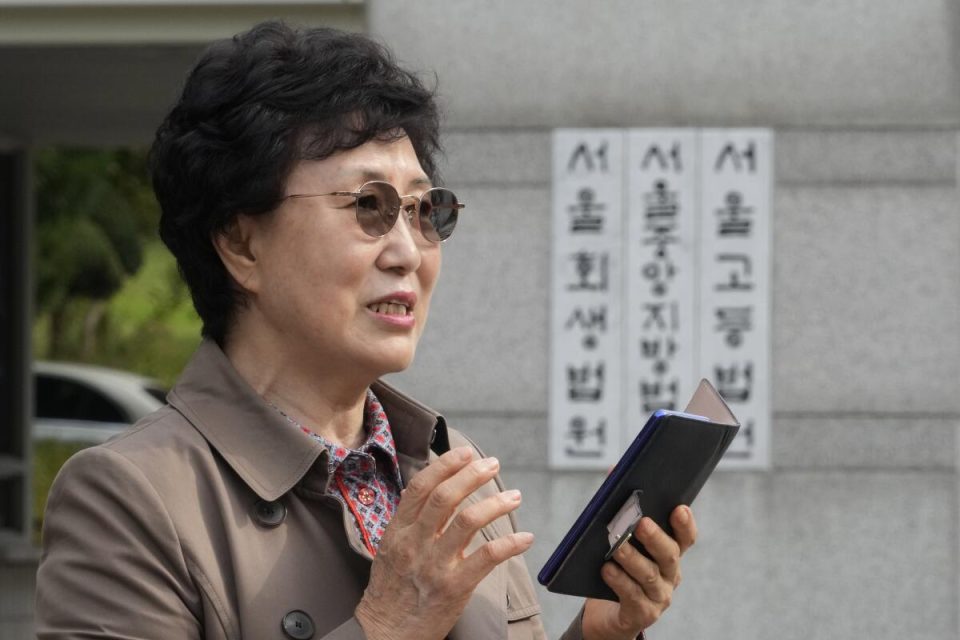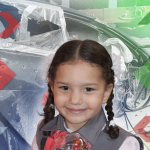A 70-year-old South Korean woman has filed a lawsuit against her government, an adoption agency, and an orphanage regarding the adoption of her daughter, who was sent to the United States in 1976 after being kidnapped at the age of four.
Han Tae-soon, whose story was highlighted in a recent Associated Press investigation, is seeking accountability for the loss of her daughter Laurie Bender. The case could spark renewed scrutiny of the controversial adoption practices that characterized South Korea’s child welfare system from the 1970s to the 1980s.
Han’s daughter was taken from her after being approached by a stranger while playing near their home in Cheongju. The woman claimed that Han had abandoned her in favor of a new baby. The child was later placed in an orphanage and ultimately adopted by a family in the U.S. The details of this harrowing experience have raised significant concerns about the ethics surrounding child adoptions in South Korea.
During the recent filing, Han recounted her relentless search for her daughter, which lasted over 40 years. They were finally reunited through DNA testing in 2019. Now, Han is emphasizing that the South Korean government bears responsibility for failing to facilitate the adoption’s reversal, as well as for inadequate efforts to locate her child.
“I just think it’s indefensible,” said Han, highlighting the government’s neglect during her search. “They did not make any effort to find her existing parents but instead portrayed her as an orphan for adoption abroad. I want the government and Holt to explain how this happened.”
The case has drawn attention to the broader issues of accountability for adoption agencies in South Korea. Han is represented by lawyers who assert that both the government and the adoption agency must be held responsible for the mishandling of her case.
Han’s legal complaint points to the disturbing implications of such practices, including how they have resulted in numerous families being separated without any consideration for the welfare of the children involved.
The ordeal has made Han a voice for other birth parents seeking justice and recognition of their lost loved ones. Her family is among a small but growing number of individuals coming forward to challenge the historic practices of adoption in South Korea.
Han’s case adds to a history of scrutiny on how adoption processes—often characterized by secrecy and lack of transparency—have led to significant human rights concerns. In 2019, Adam Crapser, the first Korean adoptee to sue the South Korean government and an adoption agency for damages, faced similar struggles after being deported from the U.S. following a troubled childhood.
As authorities grapple with the implications of these cases, questions linger about the protections and safeguards needed to prevent similar situations from occurring in the future. For Han, the fight for accountability continues, as she seeks resolution for her family’s agonizing experience.
Credit: ABC news





